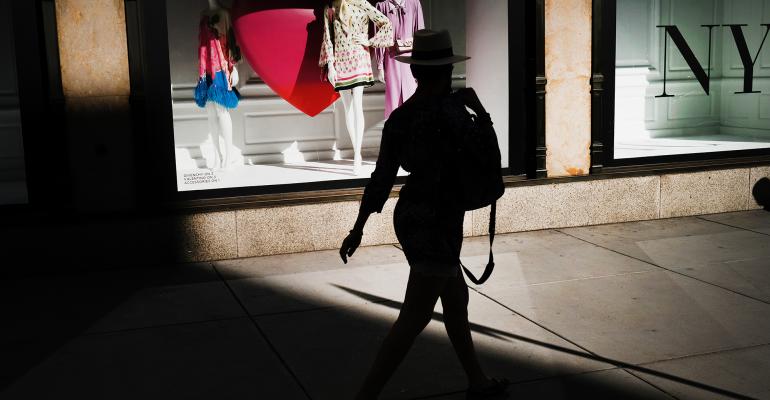(Bloomberg)—U.S. commercial real estate prices are falling as the economic toll of the Covid-19 pandemic worsens -- and the decline is just getting started.
Indexes for office, retail and lodging properties all slipped year-over-year in July, data from industry tracker Real Capital Analytics Inc. show. Transaction volume plummeted to $14 billion across all sectors, down 69% from July 2019.
“The worst is yet to come,” Real Capital Senior Vice President Jim Costello said in a telephone interview. “We’re not seeing the fallout yet of owners selling properties and taking a loss.”
Commercial real estate deals have been in a deep freeze as lenders give borrowers slack to defer payments and landlords are reluctant to drop asking prices. That may change in the next few months as debts mount and the outlook dims for retail, hotel, office and even apartment properties that already suffered from oversupply before the pandemic hammered the U.S. economy.
“I wouldn’t be surprised if we start to see some of it start to break in September or October,” Costello said.
Hotel prices dropped 4.4% in the year through July, while retail declined 2.8% and offices fell 0.9%, according to Real Capital. Apartment building prices climbed 6.9%, and industrial values rose 8.3%, leading to a 1.5% gain for all property types in the period.
On a monthly basis, industrial prices jumped 0.9% from June, while apartments gained 0.2% and other sectors fell.
The last time office prices slipped year-over-year before the pandemic was January 2011. In central business districts of cities such as New York, San Francisco and Boston, prices started recovering from the Great Recession in the fourth quarter of 2010.
Multifamily prices are starting to diverge as suburban garden apartments lure residents from urban-core buildings that faced pricing pressure even before Covid-19.
Family-forming millennials will drive the shift away from expensive, densely populated cities long after the pandemic’s impact fades, so property values in the suburbs are likely to rebound faster, Costello said.
“The last downturn, suburbs were the laggard,” he said. “This one will be different.”
© 2020 Bloomberg L.P.

